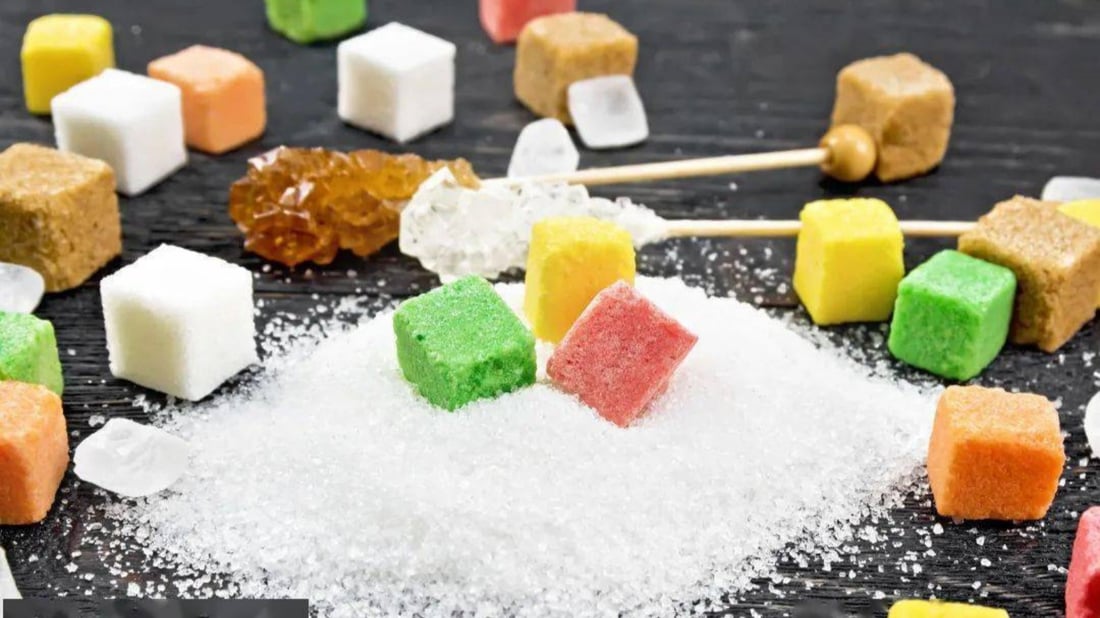The Versatility of Sucrose Laurate: Exploring Its Various Applications
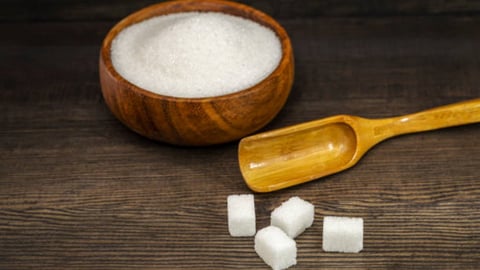
Sucrose laurate is a versatile emulsifier that finds its application in various industries. This article aims to provide a comprehensive guide on what sucrose laurate is used for, shedding light on its different prospects and benefits.
1. Emulsifying Agent in the Food Industry
Sucrose laurate is commonly used as an emulsifying agent in the food industry. It helps blend oil and water-based ingredients, ensuring a stable and homogeneous mixture. This makes it an excellent choice for products such as dressings, sauces, and confectionery items.
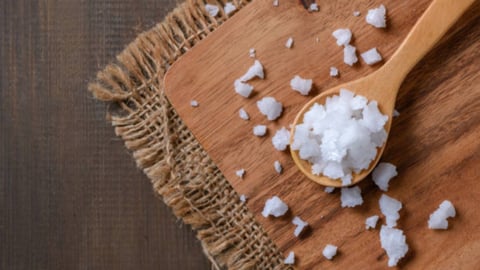
2. Stability Enhancer in Personal Care Products of Sucrose Laurate
Personal care products, such as lotions, creams, and makeup, often contain sucrose laurate. It acts as a stability enhancer, preventing the separation of oil and water phases. Additionally, it provides a smooth and luxurious texture to these products, enhancing their overall appeal.
3. Pharmaceutical Applications of Sucrose Laurate
Sucrose laurate has been utilized in the pharmaceutical industry as an excipient in various medications. It aids in the solubilization and absorption of active pharmaceutical ingredients, ensuring their effectiveness. Moreover, it can enhance the bioavailability of poorly soluble drugs, making them more readily absorbed by the body.

4. Agricultural Industry of Sucrose Laurate
In the agricultural industry, sucrose laurate is used as a wetting agent and adjuvant. It helps improve the spreading and sticking properties of pesticides, herbicides, and fungicides, ensuring better coverage and efficacy. Additionally, it can act as a surfactant, reducing surface tension and improving the wetting ability of agricultural sprays.
5. Industrial Applications of Sucrose Laurate
Sucrose laurate finds application in various industrial processes. It is used as a lubricant, mold release agent, and emulsifier in manufacturing processes. Its ability to improve the flow and release properties of materials makes it valuable in industries such as plastics, textiles, and coatings.
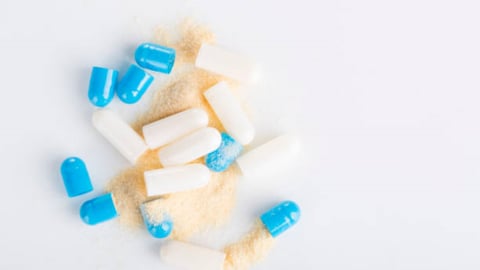
6. Enhanced Oil Recovery of Sucrose Laurate
In the oil industry, sucrose laurate is used as a surfactant in enhanced oil recovery (EOR) techniques. It helps reduce the interfacial tension between oil and water, improving the efficiency of oil extraction. By facilitating the displacement of oil from reservoirs, sucrose laurate aids in maximizing oil production.
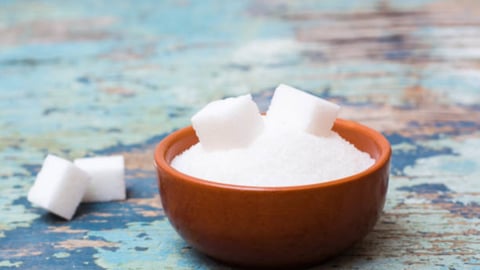
7. Cosmetic Formulations of Sucrose Laurate
Sucrose laurate is commonly used in cosmetic formulations due to its emulsifying and stabilizing properties. It helps create creamy textures in products like moisturizers, sunscreens, and foundations. Additionally, it assists in the solubilization of lipophilic ingredients, improving their dispersion in formulations.
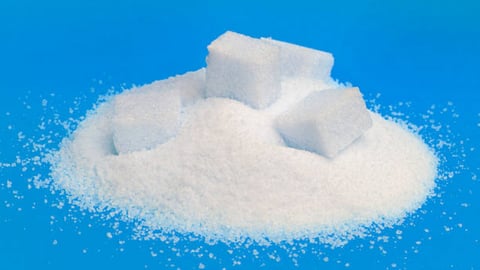
8. Cleaning Products of Sucrose Laurate
Many cleaning products, such as detergents and dishwashing liquids, utilize sucrose laurate as a surfactant. It helps reduce surface tension, allowing the cleaning solution to penetrate and lift dirt and grime. Sucrose laurate also aids in preventing redeposition of soil, ensuring effective cleaning.
9. Textile Industry of Sucrose Laurate
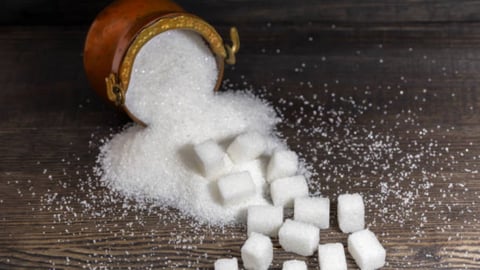
In the textile industry, sucrose laurate is used as an emulsifying and dispersing agent in fabric softeners, detergents, and textile auxiliaries. It helps ensure the even distribution of active ingredients, enhancing the performance and longevity of textile finishes.
10. Enhanced Flavors and Fragrances of Sucrose Laurate
Sucrose laurate can be used to enhance the flavors and fragrances in various products. Its emulsifying properties allow for better dispersion and solubilization of aromatic compounds, resulting in a more intense and long-lasting sensory experience.
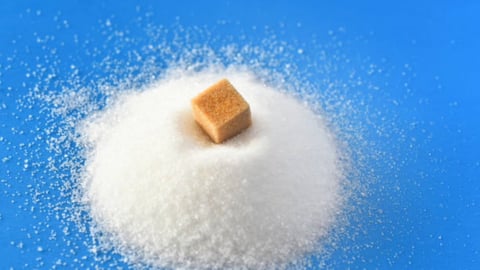
Sucrose dodecanoate is a sugar ester that has been shown to be a 5-HT agonist. It is used as an absorption enhancer for the treatment of choroidal neovascularization. Sucrose dodecanoate was also found to have trypsin-like protease activity and cyclic peptide properties. This drug has been shown to increase insulin sensitivity and growth factor levels in animal models, which may be due to its effects on serine proteases. Sucrose dodecanoate is available as a pharmaceutical dosage form containing fatty acid esters at a concentration of 10%. It has a viscosity of approximately 100 cP, which is expected to provide good bioavailability.

